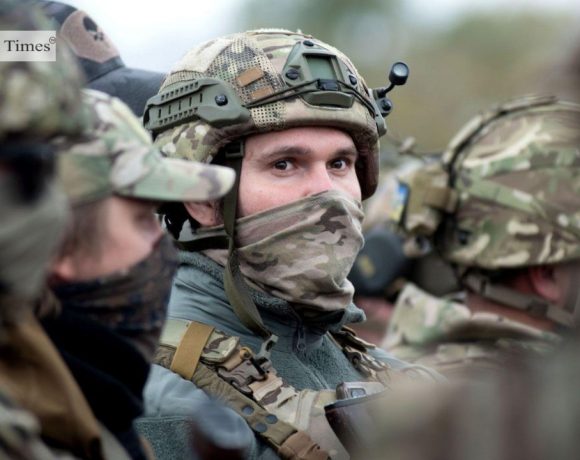
Frontline Ukrainian soldiers have reacted sharply to a leaked draft US peace proposal, expressing a mix of anger, defiance and reluctant acceptance. Speaking to the BBC via social media and email, several troops rejected the idea of conceding territory and limiting military strength. Yaroslav, serving in eastern Ukraine, said the plan “sucks… no one will support it,” while an army medic known as Shtutser called it an “absolutely disgraceful draft.” Another soldier, Matros, said the proposals undermine years of sacrifice and would “disregard the lives of fallen soldiers and civilians.”
One of the most contentious elements of the draft is the suggestion that Ukraine give up control of the entire Donbas region, parts of which it has defended since 2014. Snake, a soldier on the front line, argued that abandoned and devastated towns are no longer worth prolonged loss of life, saying “let them take it.” However, others insist surrendering territory would nullify everything the country has fought for. The proposal also suggests reducing Ukraine’s armed forces from more than 800,000 to 600,000 troops, a move some say could weaken national security, although others argue it is necessary for economic recovery and peace.
Security guarantees and political reforms remain key areas of debate. The draft rules out NATO membership but pledges US assurances if Russia launches another attack, while also proposing fresh elections within 100 days of war’s end. Some troops express mistrust in both Europe and the US, doubting their ability to protect Ukraine. Yet despite widespread frustration and dissatisfaction, one message is clear: many are exhausted by the prolonged conflict and would support any plan capable of ending the war. As soldier Andrii put it, “If it stops the war, then it works for me.”
Pic Courtesy: google/ images are subject to copyright

